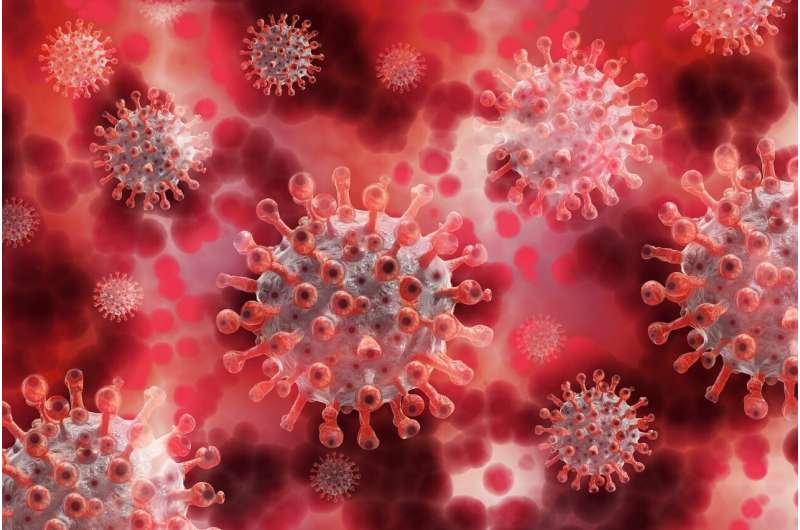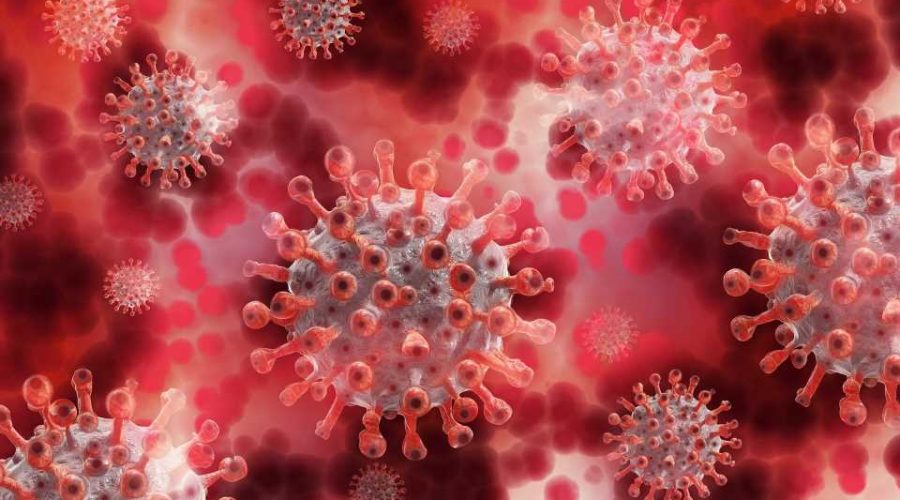Update on rapid, living practice points: SARS-CoV-2 infections, reinfections and natural immunity

The American College of Physicians issued an updated Rapid, Living Practice Points on the antibody response to SARS-CoV-2 after initial infection and protection against reinfection with SARS-CoV-2. The new version, “What is the Antibody Response and Role in Conferring Natural Immunity Following SARS-CoV-2 Infection? Rapid, Living Practice Points from the American College of Physicians (Version 2),” was published today in Annals of Internal Medicine.
The ACP Practice Points provide clinical advice, based on the best available current evidence. This version of the Practice Points is based on a focused update of the living, rapid review, conducted by AHRQ Evidence-based Practice Center Program’s Scientific Resource Center at the Portland VA Research Foundation, which identified new studies on the risk of reinfection and duration of protection following SARS-CoV-2.
ACP’s latest Practice Points state:
- Do not use SARS-CoV-2 antibody tests for the diagnosis of SARS-CoV-2 infection.
- Do not use SARS-CoV-2 antibody tests to predict the degree or duration of natural immunity conferred by antibodies against reinfection, including natural immunity against different variants.
These practice points do not evaluate vaccine-acquired immunity or cellular immunity, and the update notes that vaccination is currently the best clinical recommendation for preventing infection, reinfection and serious illness from SARS-CoV-2 infection and its variants. Additionally, a previous practice point concerning the use of antibody tests to estimate community prevalence of SARS-CoV-2 infection has been retired due to limited relevance, as vaccinations have become widely available in the U.S.
“Evidence is emerging about natural immunity from COVID-19,” said George M. Abraham, MD, MPH, MACP, President, ACP, “but there is still important uncertainty about how protection varies between individuals, how long it lasts, and the role of variants. In light of these evidence gaps, it is important that individuals and communities continue to use all available tools to help slow and reduce further spread.”
As new SARS-CoV-2 variants emerge and cases and hospitalizations increase, health officials still urge caution in the face of uncertainty about the infection. It is recommended that patients with SARS-CoV-2 infection, patients with history of SARS-CoV-2 infection, and the public continue to follow recommended infection prevention and control procedures and preventive measures to slow and reduce the transmission of SARS-CoV-2 infection.
Source: Read Full Article
